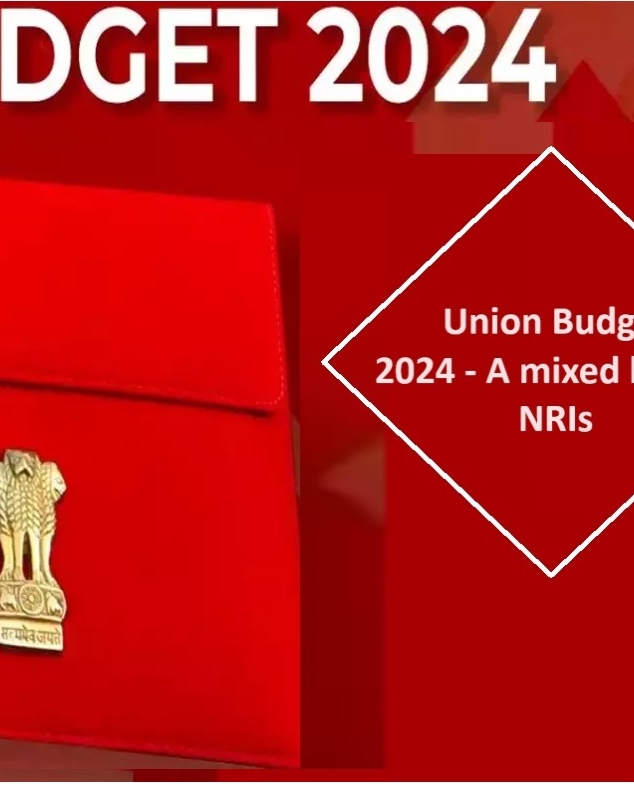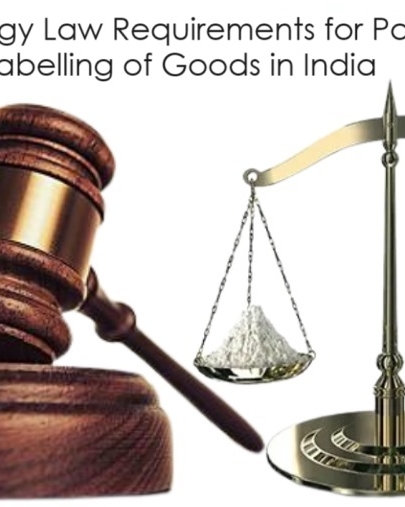Diverse Avenues for Property Transfer: Concept of a Gift deed and a Will
Author: Overseas Indian Desk, at ZEUS Law
If you are planning to transfer your immovable property to your heirs, there are two options at hand – a Gift Deed or a Will. However, the differences between a Gift Deed and a Will are not fully understood by many.
After one’s death, their assets can pass on in two different ways. In case a Will is executed by the deceased, the assets which are bequeathed under the Will get inherited by the person(s) named in the Will. However, in case no Will is executed, all the assets owned by the deceased at the time of their death, will pass on to their legal heirs as per the provisions of the Succession Laws applicable to the deceased. On the other hand, if one wants the receiver to start reaping the benefits of the asset right away, they must transfer the ownership of the asset through a Gift Deed. A Hindu, however, can only transfer their self-acquired assets through a Gift Deed and cannot make a Gift of their share in the Hindu Undivided Family assets, which can only be bequeathed through a. Will.
There have been unfortunate incidents of some senior citizens who were forced to vacate the property that they earlier owned and had gifted to others. Such a scenario could perhaps have been averted had they executed a Will instead. Under a Gift Deed, transfer of ownership happens immediately on acceptance of the gift by the Donee whereas a Will takes effect only upon the death of the individual who is making such a transfer.
Important Will-Related Terminology
- Testator: The testator is the person who creates the Will.
- Executor: A legal representative of the testator who carries out the testator’s wishes after his or her death.
- Codicil: A part of the Will and an instrument that explains, modifies, or adds to the dispositions of the Will.
- Beneficiary: The person who inherits according to the terms of the Will.
- Probate: It is the copy of the Will that has been certified and sealed by a competent court of law.
- Intestate: When a person dies without leaving a valid Will. Intestacy / Succession laws based on religion govern how an individual’s assets are divided.
- Administrator: If there is no Will, an administrator appointed by the court divides the deceased’s assets.
Important Gift Deed-Related Terminology
- Donor: A donor is a person who gifts the asset
- Donee: A donee is a person in whose favour the gift/asset is given
Similarities
- Gift and Will/testamentary succession are transfers that are gratuitous in nature – that is, they do not invoke payment/receipt of any money in lieu of the property being transferred/inherited.
- Under both Gift Deed and Will, the transfer of immovable property can only be affected by the execution of an instrument in writing. For smooth transfers it is important that both these written instruments (i.e. gift deed and will) contain a clear and unambiguous description of the property being transferred as well as personal details such as name and individual share of transferee/s.
Differences
- For a Gift to take effect, the process of gifting must be completed within the lifetime of both the donor and the However, inheritance of property under a Will only comes into effect on the death of the testator.
- A Gift Deed of immovable property requires payment of stamp duty and compulsory registration with the competent authorities. An unregistered Gift Deed does not pass any title of ownership of property in favour of the donee. On the other hand, a Will can even be handwritten on plain paper.
- A donor does not usually have the right to revoke/cancel the Gift made at a later stage at his mere will. In stark contrast, an individual can revoke his earlier Will and replace it with an amended Will any number of times during his lifetime. The Will that was last executed shall be considered as his final Will.
- In certain territories of India, it is compulsory to obtain probate of a Will before any distribution of assets of the deceased mentioned in the will takes place. A probate refers to the legal process in which the court of adjudicator certifies the authenticity of the Will. However, no such certification of authority is required from the courts for a Gift Deed.
There are numerous modes through which an individual can transfer his immovable property, each mode entailing different procedures and governing provisions. Knowing these differences is helpful in deciding which mode of transfer best suits the situation.
****
For any queries, concerns or assistance, please feel free to reach out to us at [email protected]























